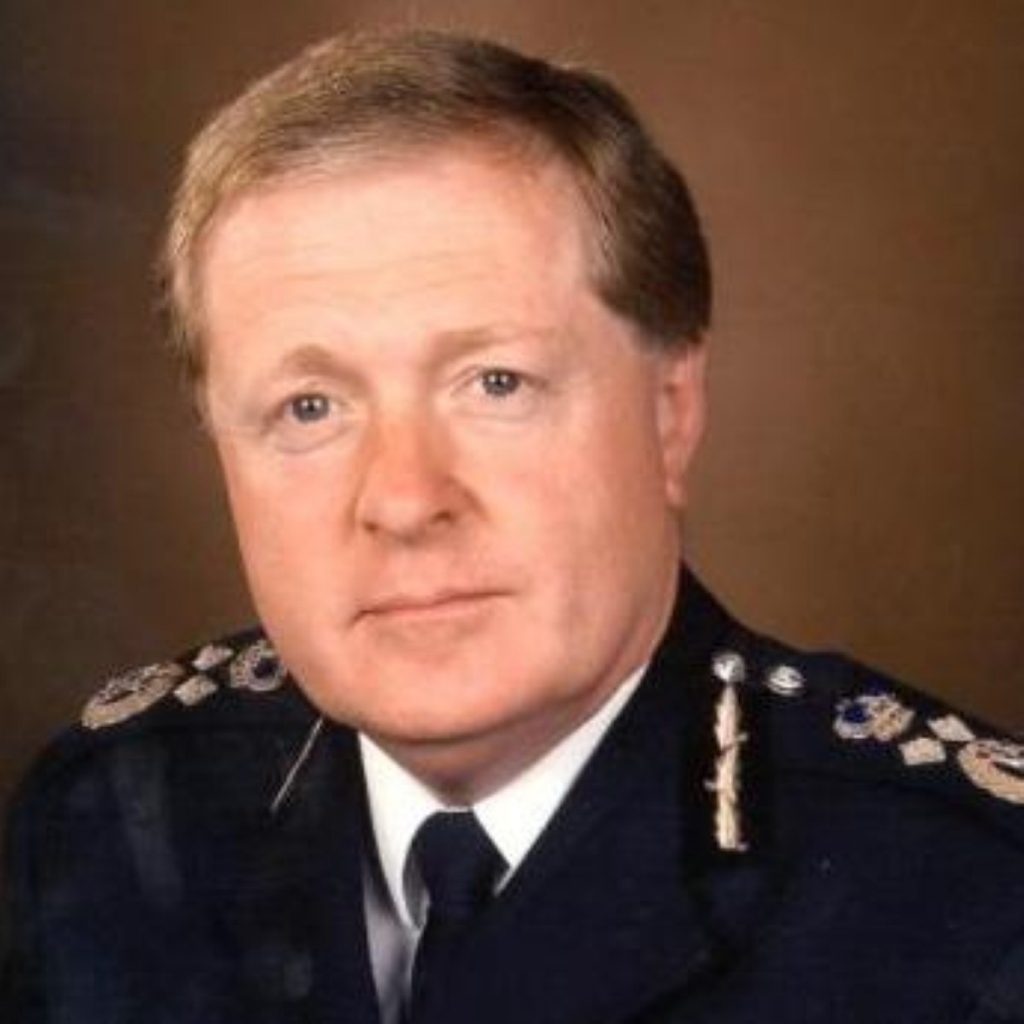Neighbourhood policing ‘is making London safe’
Some parts of London are now so safe that people are leaving their doors unlocked, the head of the Metropolitan police has claimed.
Ian Blair said the return of neighbourhood policing to the capital’s streets had improved public confidence in the police and was making it safer.
And he argued that despite the recent controversial terror raid in Forest Gate, and the shooting of innocent Brazilian Jean Charles de Menezes by anti-terror officers last summer, people from black and ethnic minority communities generally trust the police.
However, Sir Ian’s comments about the safety of London’s streets, made during an interview with the Centre for Crime and Justice Studies, were met with surprise.


Damian Hockney, a member of the Metropolitan police authority, said the remarks were “truly extraordinary”, while Liberal Democrat home affairs spokesman Mark Hunter accused Sir Ian of being out of touch.
“Many Londoners will feel uneasy that the top police officer entrusted with tackling crime in the capital could be so out of touch,” Mr Hunter said.
“Neighbourhood policing may be helping to cut crime, but burglary is still a serious threat, and there is no reason for people to stop taking sensible precautions.”
However, the Met chief cited the experience of two of his officers who had “adopted” a 19-storey tower block in Haringey, north London, saying: “How long is it since the police patrolled the corridors of a tower block?
“It’s as if, when the slums they replaced were flattened and they put that up, the police stopped patrolling, so it’s quite an interesting concept, and people are opening their doors, leaving their doors open now, or leaving them unlocked, certainly, in a way they haven’t done for 25 years, so there’s some interesting things going on.”
Sir Ian also claimed that there was a “steady rise” in the number of people who felt safe walking around their neighbourhood at night, and noted “continuing and quite solid rises in public confidence” in London’s police.
In particular, he highlighted the increase in trust among black and ethnic minority communities, shown by the fact that last year, 51 per cent of the initial inquiries to become a police officer were from minority communities.
“Converting that initial enquiry into a body standing in a blue uniform at Hendon will still be a challenge, but we are seeing nearly one in five of police officers now being recruited from ethnic minority communities,” he said.
Sir Ian continued: “Do I think that the death of Mr de Menezes was a damaging incident to the reputation of the Metropolitan police service? Of course I do.
“I mean what else could it be? We shot an innocent man, and we then did not handle the consequences of it well.”
But he stressed that “they do trust us” – 15 or 20 years ago the Met was “absolutely unable to understand” how to deal with minority communities, he noted, but now, although stop and search was still an issue, things were improving.












